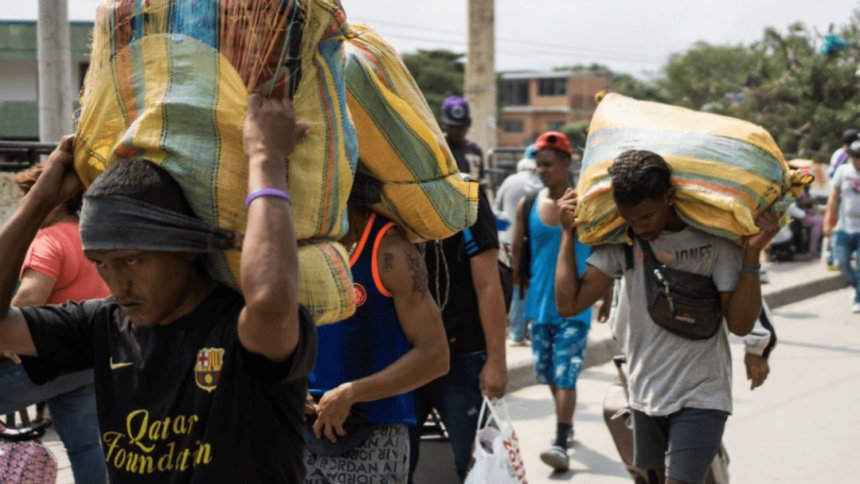The working paper series is generously funded by the Carlsberg Foundation under the Semper Ardens: Accelerate grant ‘TRADECRAFT’. Read more about the project here.
By: Jorge Mantilla

The study, “Border Control Paradox: The Political Economy of Smuggling Between Colombia and Venezuela,” explores the intricate relationship between state officials and organized crime groups (OCGs) in managing smuggling operations along the Colombia-Venezuela border from 2015 to 2023. The border closure led to increased smuggling and cooperation between state officials and OCGs. This cooperation created a political economy where state functions were often delegated to criminals to maintain control and order. The paper examines the dynamics of checkpoints, the governance of mobility, and the paradoxical effects of border security policies.
Key points include:
The study is part of a broader research agenda on borders and criminal governance, contributing to the literature on the crime-conflict nexus and offering insights into the interplay between state policies and criminal activities.
DIIS_WP_series_Roadblocks_and_revenues_04_Border_control_paradox
The working paper series is generously funded by the Carlsberg Foundation under the Semper Ardens: Accelerate grant ‘TRADECRAFT’. Read more about the project here.
By: Jorge Mantilla
Sign in to your account